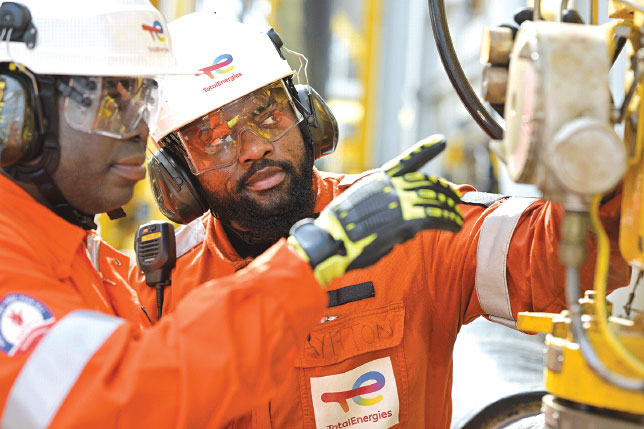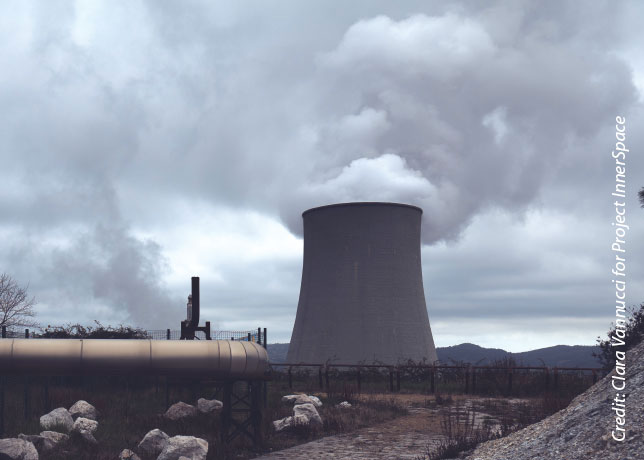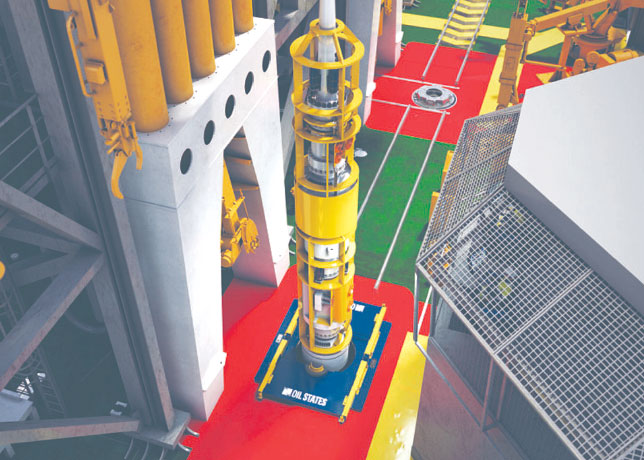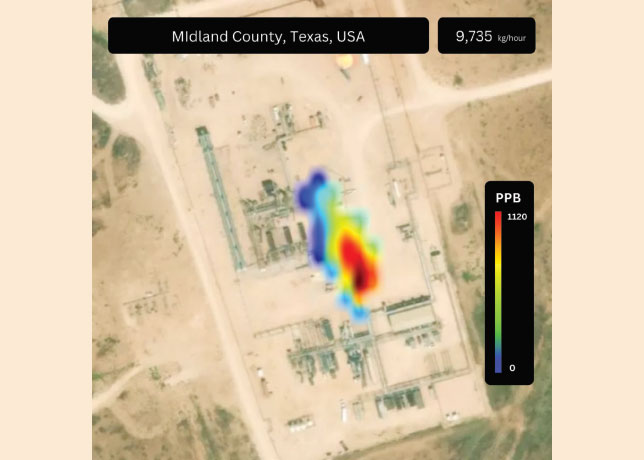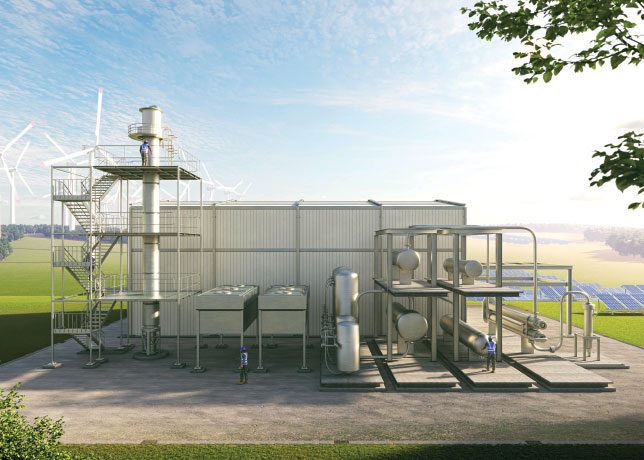
Fitch's neutral sector outlook for global oil and gas is based on a balanced market with brent crude oil prices forecast at $70 per barrel, reflecting large spare capacity of Opec+ (group consisting of Opec members plus other oil-producing countries) and moderating demand growth.
"We expect companies to continue generating strong cash flows and maintain low leverage due to disciplined capital allocation and cost management strategies. We project upstream production to grow, contributing to stable credit metrics across the sector," stated the top ratings agency.
Opec+'s high spare production capacity and its potential decision to loosen production curbs could negatively affect oil prices.
Geopolitical developments, such as Middle East escalations or changes in international sanctions, may disrupt supply chains and affect sector stability. A deceleration in demand growth, particularly from weaker-than-expected Chinese demand, could also weigh on oil prices, it stated.
Fitch said it expected most oil and gas companies to report strong cash flows in 2025 due to the supportive price environment and disciplined capital allocation.
Around 70% of companies in Fitch's global portfolio will likely generate positive free cash flow (FCF) after dividends, with leverage metrics remaining low, it added.
On its 2025 oil outlook, Fitch said it expects the oil price to decrease to $70/bbl, from its forecast of $80/bbl this year, due to moderating demand growth and increased production from non-Opec+ countries.
Geopolitical tensions, particularly in the main producing regions, such as the Middle East, will
continue to influence prices. While these tensions pose risks, they are mitigated by Opec+’s ability
to manage supply through its ample spare capacity, it stated.
Opec+ has delayed oil production increases until April 2025 and prolonged the complete reversal
of cuts by a year, until the end of 2026.
While the decision removes the risk of an immediate large rise in Opec+ output, the impact on prices will largely depend on the pace of the unwinding of voluntary production cuts, it added.-TradeArabia News Service














